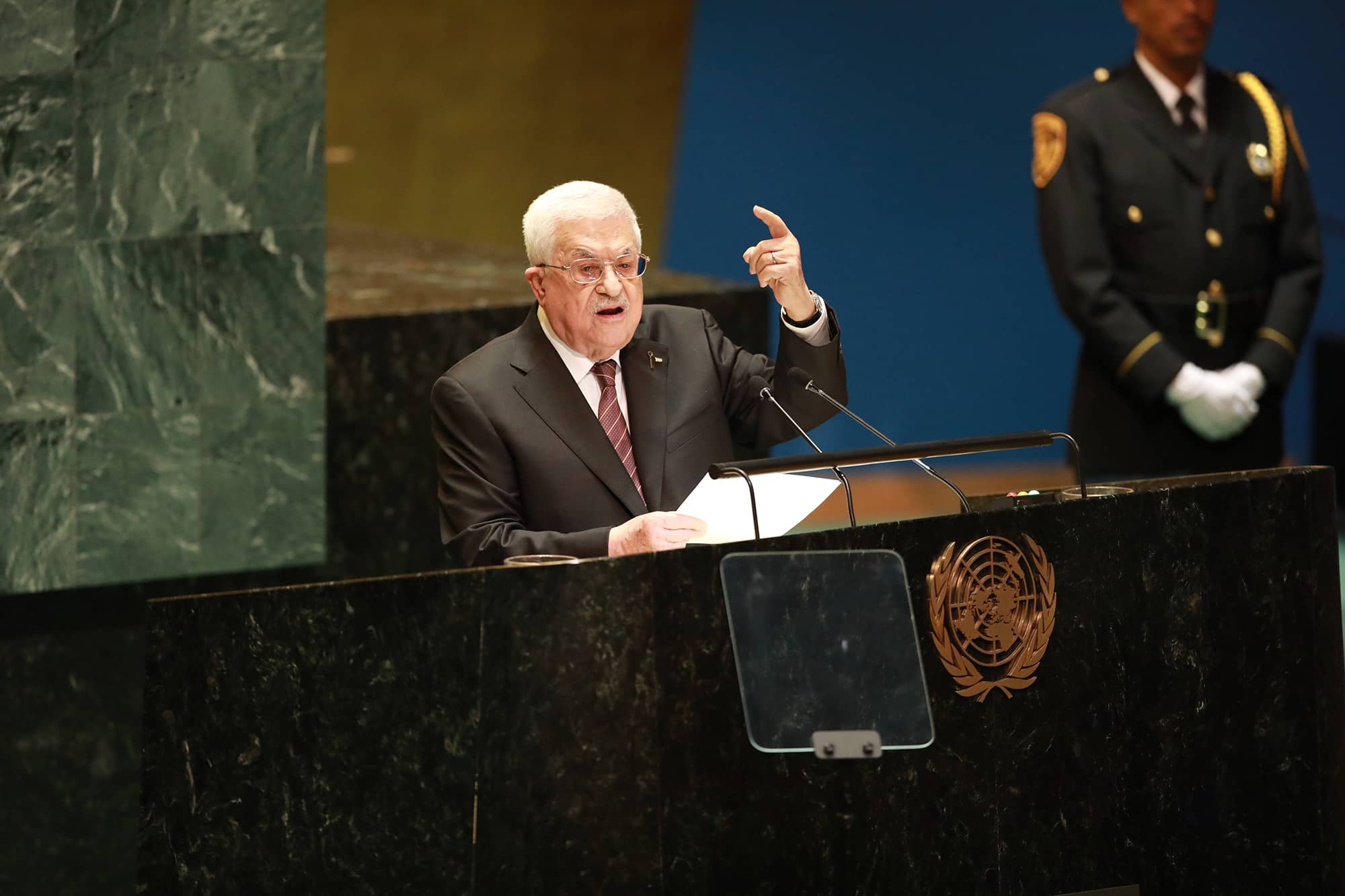
Just days after Russia released Israeli prisoner Naama Issachar, the nature of the relations between Israel and Russia have been brought to the forefront, prompting a discussion on what really motivates each side of the relationship.
The image of Issachar arriving in Israel and receiving a hero’s welcome as she was accompanied by Israeli Prime Minister Benjamin Netanyahu also raised questions in the country on the political price paid to see her release.
Issachar was arrested in the Moscow airport last April during her transit from India to Israel. Authorities found fewer than 10 grams of marijuana in her luggage. At the end of Issachar’s trial, she was sentenced to 7.5 years in prison.
“Her release was a symptom, not a cause, of some general trends in Israeli-Russian relations,” said Gideon Remez, a researcher of the Truman Institute at the Hebrew University of Jerusalem, “If there were concessions made, they were made for broader reasons, not just the Naama Issachar case.”
In Syria, the Israeli air force operates against Iranian presence with some degree of cooperation with Russia or at least a Russian blind eye.
“Ultimately, for Putin, it is not a bad thing that Israel is limiting Iranian presence in Syria,” Emmanuel Navon, a professor of international relations at Tel Aviv University and a fellow at the Jerusalem Institute for Strategic Studies, told Xinhua, adding that “the fact that Israel is doing that job, works for Putin.”
Russian forces have been on the ground in Syria since 2015, with the aim of stabilizing the regime of Syrian President Bashar al-Assad.
Over one year ago, a Syrian anti-aircraft missile that aimed at an Israeli aircraft accidentally shot down a Russian plane and killed 15 Russian military personnel. It was a low-point in the relationship which led to tensions between the two countries. However, Israel has since appeared to still maintain relative freedom of movement above Syrian skies and has reportedly carried out hundreds of airstrikes in Syria.
Netanyahu supposedly arrived in Moscow last week to discuss the American peace plan that was revealed earlier last week, but many believed his main purpose was to bring the Israeli backpacker home, in an attempt to garner more support ahead of the general election scheduled in March.
“The relations between Russia and Israel are steadfast, strong and the best they have ever been,” Netanyahu said during a meeting with Putin.
While they have put on a friendly show, the interests of the two countries remain contradictory.
“Russia cannot be considered an ally of Israel or even of Netanyahu personally. Israel did not get anything that Putin would not have been willing to give anyhow,” Remez told Xinhua, “Israel’s ally for better or for worse is still the United States.”
As regional alliances shift, Israel finds itself at odds with Russia. While Putin may not want Syria to be under Iranian influence, Russia maintains good relations with Iran and has voiced its opposition to American withdrawal from the Iranian nuclear deal. Israel sees Iran as its arch-enemy.
“Israel and Russia have conflicting geo-political interests in the Middle East,” said Navon, “The main common interest is to try and prevent a clash in Syria, but beyond that, Russia is doing everything to damage American interests in the region.”
Israel and Russia maintain sound economic relations and there is substantial tourism between the two as well. However, another thorn in the relationship is the subject of natural gas which has the potential of dampening the atmosphere.
Last year, Israel, Cyprus and Greece declared a new project aimed at transporting Israeli natural gas reserves to Europe in direct competition with Russian gas.
“The Russians do not see eye-to-eye with Israel on this,” said Navon, adding that should the project materialize, it will decrease European dependency on Russian gas.
When having to choose a strong ally, Israel will undoubtedly choose the White House over the Kremlin.
Xinhua, 05.02.2020















The Kidnapping Threat: Preventing Israel’s Moral Commitment to Hostages from Becoming a Strategic Vulnerability